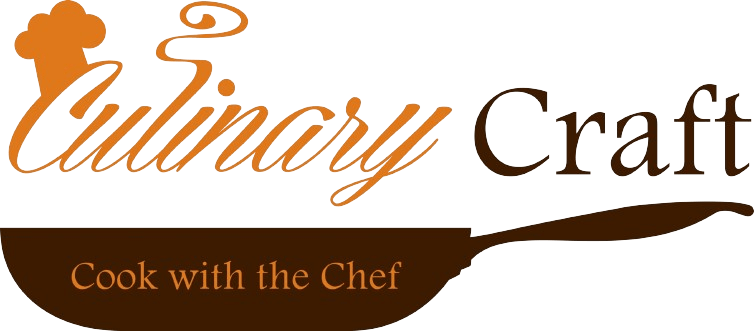One of life’s greatest joys is sharing a meal you’ve prepared with those you love. However, only some are equally adept in the kitchen and can benefit from further instruction. Taking cooking classes could save your life if you do not know what you’re doing in the kitchen. It’s up to you whether you want to expand your culinary horizons or hone in on a select few dishes.
In addition, you can participate in a full-time programme if you’re serious about making food your profession. An excellent cooking studio will teach you the skills and methods to turn your culinary love into a career. An expert instructor can help you learn the fundamentals and finer cooking points. This post will explain where you can look for a cooking school.
How to Determine Which Cooking Studio Is Right for You
Only go if you want to
Having a personal investment in the subject matter being taught goes without saying. You should be genuinely interested in whatever you’re learning, whether it’s how to make doughnuts or butcher fish. Like some people in my vegetarian cooking class, a general interest in food and the social components of taking a class are good, too.
However, attending a cooking studio on the topic is a fantastic way to broaden your culinary horizons if you’re only lukewarm about a particular item or type of cuisine. For example, taking a cooking class can help you gain confidence and overcome your fears if you’re nervous about using yeast or deep frying.
Make sure you pick the appropriate style of class
There are essentially three types of bakery and confectionery courses:
- Demonstration
- Hands-on
- Workshops
- In a demonstration lesson, the instructor talks while standing before the students and displays how to make the food. The teacher will give you a detailed rundown of how to make each item on the menu in front of your eyes. This is a great approach for those who aren’t quite ready to dive in headfirst.
- Unlike watching a demonstration, students in hands-on classes participate in the activity being taught. Most people learn better via hands-on experience than through observation. Instead of visualising hypothetical situations in your head, a hands-on session will show you exactly where your knowledge gaps are.
- A workshop is a longer course, typically lasting multiple days. They frequently incorporate both demonstration and practical application. This is the most effective method for achieving total immersion.
Make sure it’s a challenge you can handle
The knowledge and abilities required by a novice cook are vastly different from those that would be intriguing and difficult for a seasoned professional. Ensure the cooking course is at the right level for you, especially if it involves practical application; you’ll be expected to spend some independent study time.
Don’t skip over the introductory and foundational courses, even if they don’t sound as exciting if you’re starting in the field. You’ll need to master the basics of cooking and make the most of them before moving on to more complex techniques. Take advantage of the classes in knife skills, mise-en-place, stocks, etc.
Make sure nothing is lacking in the classroom
It’s not necessarily about the biggest or fanciest place; a wonderful cooking studio can be had in someone’s home kitchen. However, if this is a serious cooking academy, there should be a wide, slanted overhead mirror to ensure everyone, including those sitting in the back, can follow along. It’s imperative to have quality tools and knives that have been carefully maintained. Many culinary institutes make virtual tours of their classrooms available online, or you can drop by for a quick visit before committing to a course.
Ask these questions
- How big is the cooking studio? If there are too many students, the teacher cannot give each individual attention. Demonstration classes can have more students than the recommended maximum class size of 12, but hands-on classes should not.
- If you eat here, how full a meal can you expect? After some courses, students are invited to a sit-down lunch. Some people will give out samples of food as it is being cooked. In any case, there must be some sampling opportunity.
- Who is the teacher? Learn as much as possible about the trainer’s background and experience before joining her classes. A competent teacher can manage a class and keep track of multiple moving parts because she is a skilled cook. Only some great chefs make great instructors. Taking additional lessons from a reputable teacher or even following them to a different institution is generally beneficial.
Conclusion
Taking classes online is a popular choice for many individuals today. Virtual classrooms make online education just like classroom education. The professional cooking courses teach students of all skill levels in various cuisines nationwide. Fortunately, many qualified instructors are available to assist you in honing your knife skills and culinary creativity.Get in Touch to now more about our cooking classes in mumbai.

